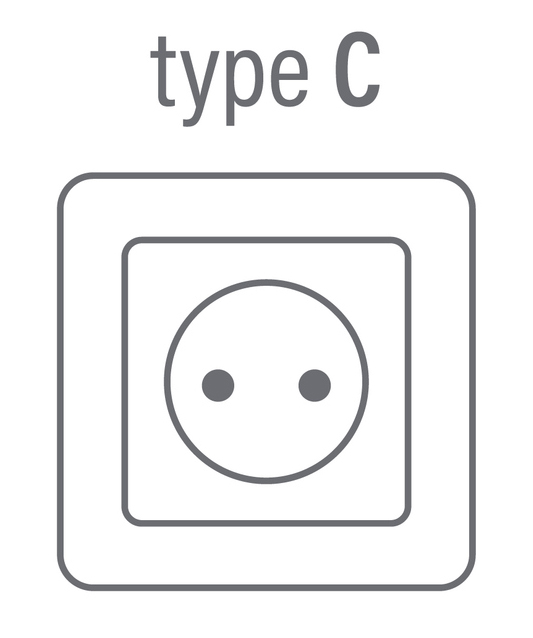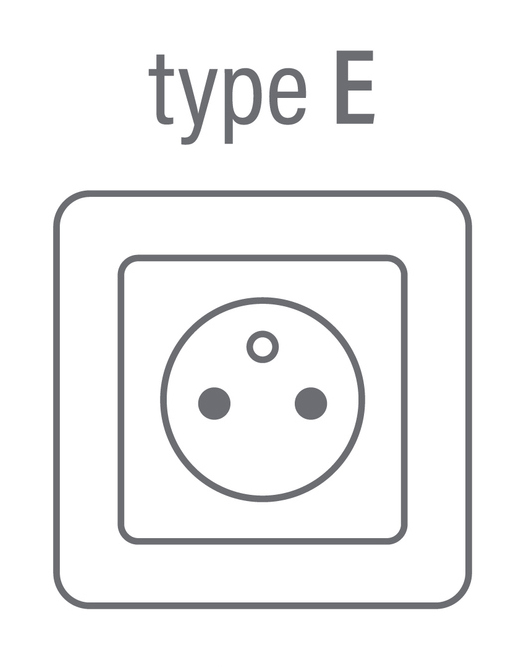France
![]()
TRAVEL INFORMATION QUICK LINKS
Navigate your travels seamlessly with vital information on passport and visa requirements, plug types, currency exchange, and other essential details to make your journey hassle-free.
Stay informed and prepared for your journey with these essential health and safety tips to ensure a smooth and worry-free travel experience.
A handy guide offering suggested tipping amounts to enhance your travel experiences with ease and respect for local customs.
Prepare for your adventure with insights into the weather of your destination, offering valuable information to help you pack and plan accordingly for a comfortable and enjoyable journey.

ESSENTIAL TRAVEL INFORMATION
PASSPORT REQUIREMENTS
- Passports must have at least three months validity remaining beyond your planned date of departure from the Schengen Area.
- Beginning November 10, 2024, the EU Entry/Exit system (EES) will replace the physical stamping of passports when you go through passport control in the EU/Schengen area. Non-EU nationals will be required to provide their passports as well as have a photo of their face taken and their fingerprints scanned each time they cross the external borders of a country in the EU. Everyone, regardless of age, will need to go through the EES checks. Children under 12 will not need to provide fingerprints; however, they will still need to have a facial scan taken. Learn more at europa.eu/ees
VISA REQUIREMENTS
- A visa is not required for stays under 90 days.
- Please note: Beginning in late 2026, all U.S. citizens traveling to the European Union (EU) will need to apply for ETIAS travel authorization ahead of their departure through the official ETIAS website or the ETIAS mobile app. Applications costs EUR 7, though children under 18 and adults over 70 are exempt from paying the application fee. Approval will generally be delivered via email within minutes of submission.
- Once approved, the ETIAS travel authorization will allow you to enter the EU as often as you want for short-term stays, normally up to 90 days in any 180-day period. The authorization is linked to your passport and is valid for up to three years or until your passport expires, whichever comes first.
- Read more at: US Department of State Profile for France
LANGUAGE
- French is the official language with some dialects spoken in rural areas.
CURRENCY
- The unit of currency in France is the Euro (EUR, €).
- Cash is recommended in small towns and rural areas.
TIME ZONE:
GMT +1 (+2 in Daylight Saving Time)VOLTAGE:
230V, 50HzPLUG TYPE:
France uses Type C and E plugs.

IMPORT & EXPORT RESTRICTIONS
- If arriving directly from or departing directly to a non-EU country, amounts exceeding the value of € 10,000 in foreign or local currency, including traveler’s checks, must be declared.
- It is prohibited to import products of pig origin. Leftover meals should be disposed in suitable and closed bins.
- Gold/jewelry must be declared except personal jewelry not exceeding a total weight of 500 grams.
- For detailed import and export regulations, please consult the IATA Travel Centre.

TRAVELERS’ HEALTH & SAFETY
REQUIRED IMMUNIZATIONS
- There are no required immunizations required to enter France.
- It is recommended that you are up to date on all routine vaccinations.
- Please visit the CDC.gov website for recommended immunizations to visit France.
OTHER SAFETY NOTES
- Although France has relatively low rates of violent crime, some areas require extra caution. Pick-pocketing, purse-snatching, and theft of luggage are common in tourist areas such as beaches, museums, monuments, hotels, train stations, trains, airports, and subways. Use common sense awareness and the same personal security measures you would normally use in any large city or tourist destination.
- Demonstrations occur frequently. They may take place in response to political or economic issues, on politically significant holidays, and during international events. Be sure to monitor local developments and avoid all demonstrations.
LOCAL LAWS AND CULTURAL CONSIDERATIONS
- In France and Monaco, driving under the influence of drugs or alcohol could land you immediately in jail.
- The use of drones and drone footage in France is highly regulated.
- Getting around French cities can be challenging for those with mobility issues. Many sidewalks are narrow and uneven, and cobblestone streets make access difficult, though major tourist sites generally have better facilities.

GRATUITIES
- Airport assistance: €5 per service
- Airport transfers: €20 per transfer (all guests)
- Porter: €2-5 per bag
- Hotel housekeeping: €3 per day
- City transfers: €10 per transfer (all guests)
- Guide – full day: €15-25 per day
- Guide – half day: €8-15 per day
- Driver – full day: €13-20 per day
- Driver – half day: €8- 15 per day
- Restaurant and bar staff: a few euros or round the bill up to the nearest euro (in addition to a service charge)

WEATHER
- Spring is characterized by milder temperatures and blooming landscapes.
- Daytime temperatures typically range from 10 to 20 degrees Celsius (50 to 68 degrees Fahrenheit).
- Spring showers are common, and the weather becomes more pleasant as the season progresses.
- Summers in France are generally warm to hot. Daytime temperatures often range from 20 to 30 degrees Celsius (68 to 86 degrees Fahrenheit), but can be higher in some regions.
- Coastal areas tend to have milder temperatures, while inland areas may experience hotter conditions. The south of France, including the French Riviera, can have very warm and sunny summers.
- Autumn sees a gradual cooling of temperatures. Daytime temperatures range from around 10 to 20 degrees Celsius (50 to 68 degrees Fahrenheit).
- Fall foliage is prominent, especially in regions with deciduous trees.
- Rainfall may increase, particularly in the northwest.
- Winters vary across France, with milder conditions along the coast and colder temperatures inland and in mountainous areas.
- Daytime temperatures in most regions range from 0 to 10 degrees Celsius (32 to 50 degrees Fahrenheit).
- The French Alps and Pyrenees experience winter sports conditions with snowfall.
- Coastal areas, especially in the south, tend to have milder winters.